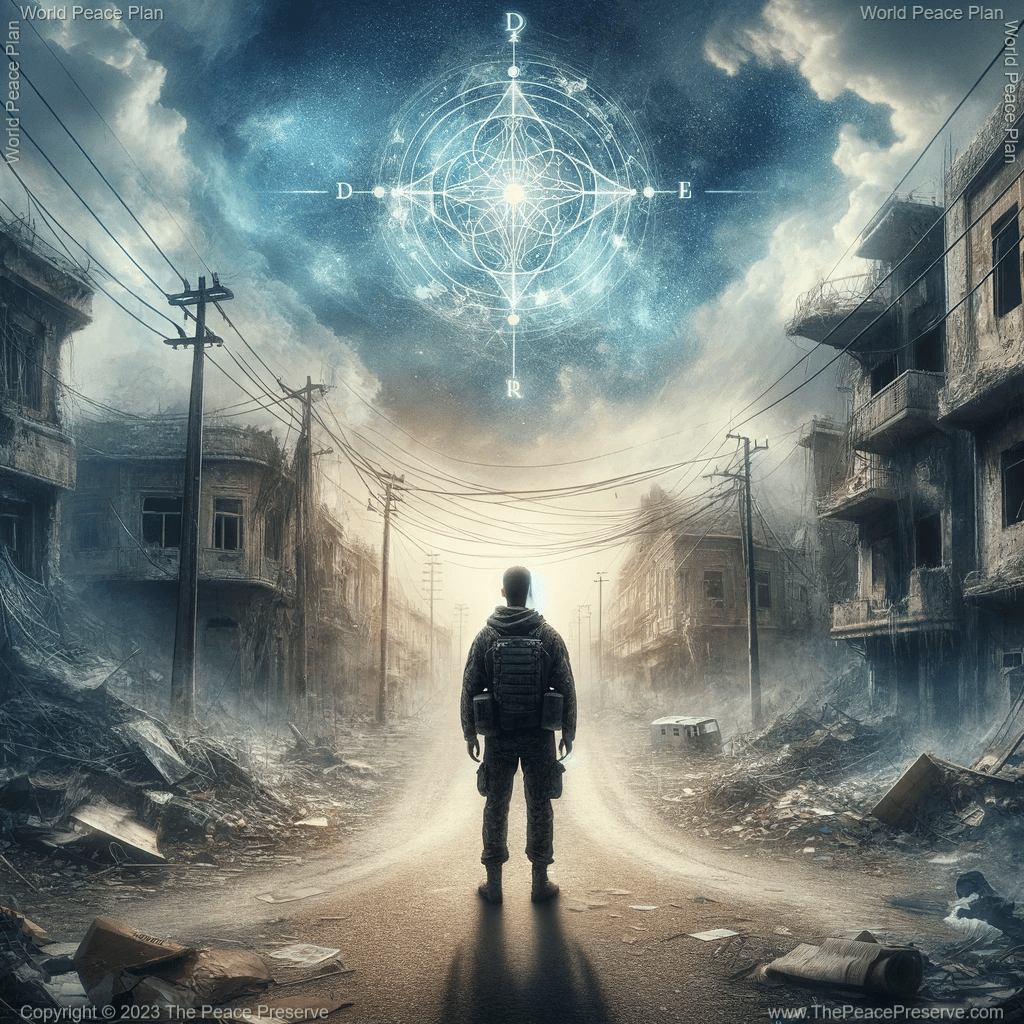Revised: Nov 23, 2023
During my time spent in the Vietnam War from 1970 to 1971, trusting my gut, or what I now understand as trusting my feelings, turned out to be a life-saving strategy. My gut feeling often alerted me to potential dangers or things I should be cautious about. It helped keep me safe and alive during the war. At the time, I didn’t know that these feelings came from somewhere else, that they weren’t just random sensations in my body. I had the mistaken belief that the feelings just occurred in my body but gave no thought to whether that was the truth about feelings. I didn’t realize then that these gut feelings were actually my feelings, delivered to my body from somewhere else.
In Vietnam, I regarded trusting my gut as a kind of inner sense that would alert me to something important. It often signaled a need to be cautious, avoid danger, or not trust a situation. I paid close attention to these gut feelings, and they helped me stay safe. I was starting to recognize the significance of feelings, although I hadn’t yet consciously thought about their origin.
Not everyone was as fortunate as me. Many lives were lost on both sides, which was just part of the brutal reality of war. I had to accept that, or so I thought. However, what affected me even more deeply were the soldiers who took their own lives. As Army Military Policemen, our job included writing up the initial reports at suicide scenes. As I saw it, at those scenes, the soldier was now dead and the family was left to cope with that. I could never get myself to write the word suicide in those police reports.
I was angry at the military for not having something in place to keep this from happening, at least less often. Why didn’t they take the weapons away from the soldiers, briefly, when the soldiers got the mail that finally caught up with them? Or why didn’t they have something in place so the spouse, or girlfriend, could notify the military and then the military could break the news to the soldier while he didn’t have a weapon in his lap?
My anger stayed with me for a long time, and it motivated me to get involved with veterans’ issues after the war. I continued to learn about and study the problem of military and veteran suicides, which was distressingly high.
Years later, during my time as Commander of an American Legion Post, I had the chance to meet with military and Department of Veterans Affairs officials to discuss what they were doing to address this issue. It appeared every single thing they were doing was having an impact but far too many suicides were still occurring.
As the years went by, I learned more about suicides in general and saw that they were happening all too frequently. Additional studies were conducted, and I delved into extensive reading and research. In the midst of all this, the answer finally came to me: the only real solution to reduce suicides was to achieve world peace. World peace wouldn’t only decrease suicides among veterans and the military but among everyone.
This answer, out of the blue, came with a powerful gut-level feeling like I had not experienced before. I didn’t just think it was the right answer; I knew it with a deep sense of truth.
I was convinced it was the solution I had been looking for for so very long. It was a relief to me, to my system, especially my stress level. My gut was telling me this was it. My feelings were telling me that this was truly the answer I was looking for the past forty years.
However, the answer didn’t feel complete. While I understood that world peace would reduce suicides, I still needed to figure out how to attain world peace. This became my new quest and the focus of my journey.
During this journey I became enlightened to the importance of being in gratitude, on purpose. Being grateful for something resulted in more of that showing up in my life. Being grateful for having experienced war because I could then help other veterans who had also experienced war. Being grateful for learning the value of noticing my feelings. Every being in gratitude experience included a strong gut feeling that provided understanding and healing.

